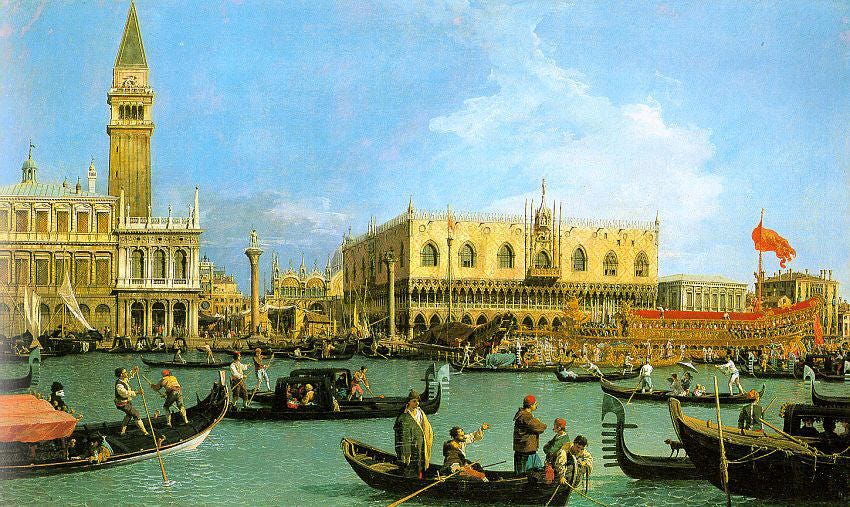Venice Has Never Been Modest
Venezia non è (mai stata) sobria
The original Italian version of this article, including some personal (amazing) pictures of Venice and Aman Venice, can be read here 👇🏻
If it moves us today, it's because it once was excessive, theatrical, and shameless. Wealth, romance, and months-long carnivals: forget billionaire weddings—Venezia invented them.
These days, Jeff Bezos’ wedding is maki…




